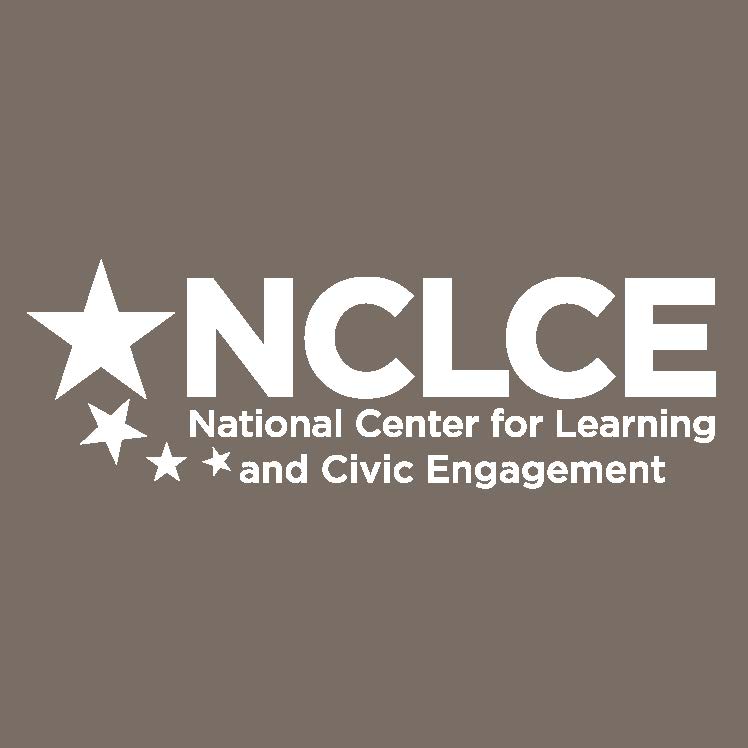In the last words of his famous “I’ve Been to the Mountaintop” speech, Dr. Martin Luther King Jr. referred to seeing the promised land” — code for a better, more humanitarian and equitable life experience. I wonder what he would think if he were here today to see where we’ve come with respect to those ideals.
On Monday, January 19, we celebrate Martin Luther King Day — a day in which Americans from all walks of life come together with their neighbors and communities to find solutions to our most pressing national problems.
While designating a day of service in his honor is a step in the right direction, is there more we can do to honor his legacy? I wonder if we might better honor Dr. King by reflecting on what he meant by the promised land, and by taking bolder steps to make equality a reality. While many of his speeches address racial inequality specifically, over time inequality has evolved to encompass much more than race alone. Maybe he was really talking about basic civil rights, honoring human dignity and supporting equal opportunity for everyone.
Civil Rights are defined as the rights of individuals to receive equal treatment (and to be free from unfair treatment or “discrimination”) in a number of settings — including education, employment, housing and more — and based on certain legally protected characteristics. We at the National Center for Learning and Civic Engagement are continually reminded of one example of inequity — the glaring civic opportunity gap that persists in education today.
This gap is a roadblock to our children’s ability to learn how to thrive as part of a democracy, and to our ability as a society to grow and evolve. The civic opportunity gap is a civil rights issue, and we must teach our children how to be civic actors.
During another one of his public addresses, Dr. King was quoted as saying, “society's punishments are small compared to the wounds we inflict on our soul when we look the other way.” When we look the other way. What price will we pay if we continue to dismiss the importance of doing something about this widening gap? What is it going to take for any substantial change to occur? How many more Ferguson-like events will this country have to endure before we collectively embrace the reality that though we are, in fact all created equal, our system is flawed? Have we really forgotten that all children in America have a right to a quality education regardless of where they live, what their parents do (or don’t do) for a living, what they look like or how they speak?
We cannot afford to continue looking the other way. Doing the right thing is often the hard thing because it’s messy and complicated and requires an all-hands-on-deck mentality, but it’s time. It was time long ago, and we have the capacity to make positive change.
The reward for making equity a priority in this country will be well worth the discomfort and the struggle. If we do not work to instill in our youth the value of civic engagement, and teach all children, including minorities and the disadvantaged what it means to care about their community and how to build self-efficacy, that “promised land” will remain little more than a mirage. We’ll never get there.
On April 4, 1968, in his speech in Indianapolis announcing the death of Martin Luther King, Jr., Robert F. Kennedy posed some pointed questions when he asked, “What kind of nation are we?” “What direction do we want to move in?” It’s time to face the music. If anyone can do this, we can.
Lisa Guilfoile is a project leader for the National Center for Learning and Civic Engagement (NCLCE) at the Education Commission of the States. Contact her at lguilfoile@ecs.org or (303) 299.3690.




